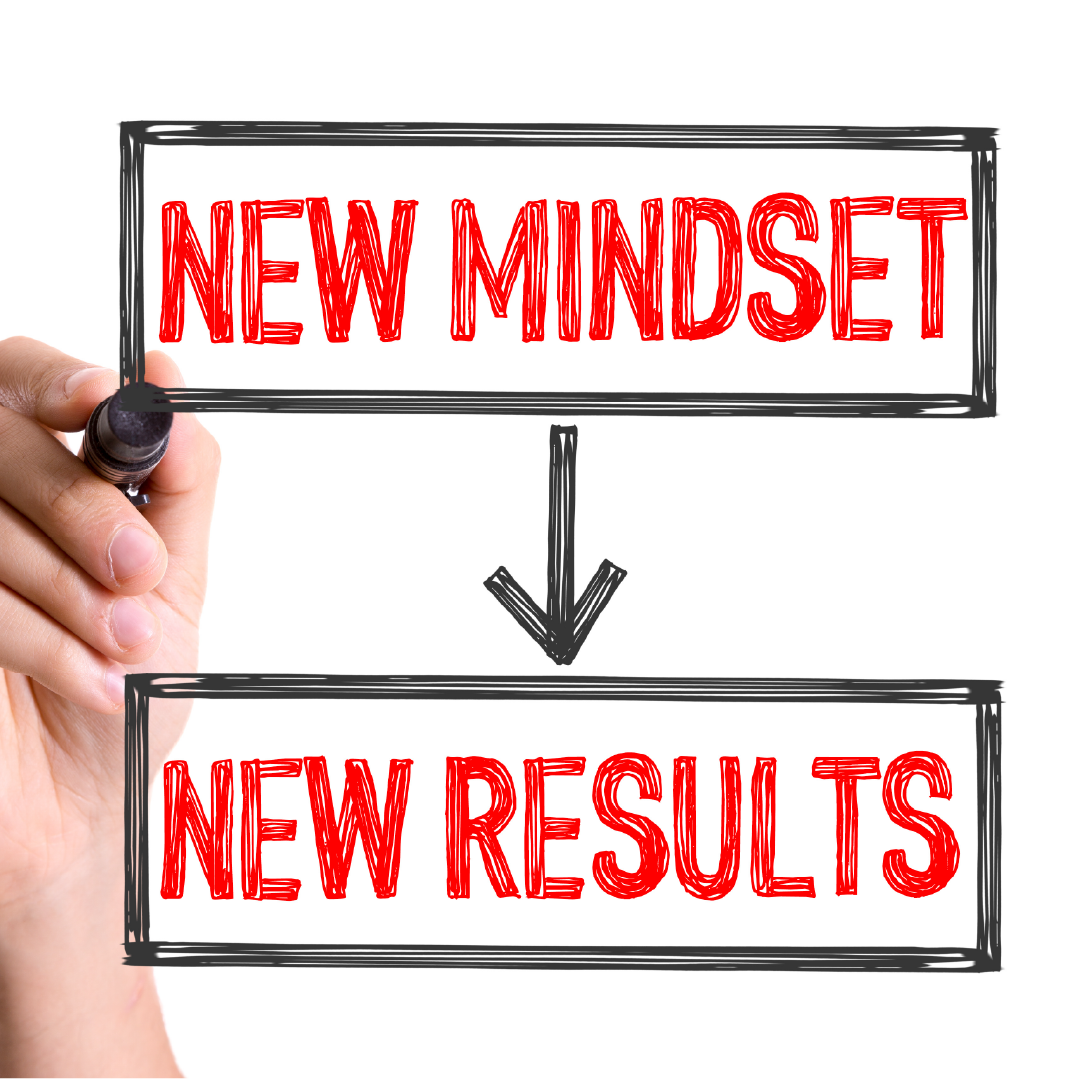How you see and make sense of your life (worldview) has conscious and subconscious sway over your wellbeing and performance. Another name for this is psychological framework, and your psychological framework consists of the collection of mindsets that serve as the lenses through which your brain filters information that drive behavior. To put it simply, a mindset is just a set of beliefs that drive behavior.
For example, Carol Dweck’s famous and very influential mental model of a growth versus a fixed mindset refers to one’s beliefs about theirs and others’ talent, knowledge and abilities.
- Fixed: Yours and others’ talent, knowledge, and abilities is limited
- Growth: Yours and others’ talent, knowledge, and abilities can be developed
In each post of this 3 part series, I will walk you through 3 important mindset shifts, for a total of 9 (my favorite number), that will help you gain more psychological flexibility.
Psychological flexibility is:
“The skill of being fluid and adaptive. Holding emotions loosely and moving towards chosen goals or values.”
Benjamin Hardy, Personality Isn’t Permanent
1. Instead of “Practice What You Preach”… PREACH WHAT YOU PRACTICE
I heard organizational psychologist and author Adam Grant describe this re-ordering of verbiage on Tim Ferriss’ podcast. It hit me with a similar type of enthusiasm and excitement when hearing a comedian tell a joke that perfectly captures a truth that we’ve known all along but were, previously, unable to put into words.
I have long been a disciple of the “practice what you preach” philosophy, so much so that I ended every podcast episode of Behind the Podium asking the guest “what it means for him or her to practice what he or she preaches.” But, yet again, this idiom perpetuates a dysfunctional order of operations. Practice what you preach is actually quite patronizing and indirectly projects the notion of “shame on you” if you are not. Whereas, preach what you practice is instructional and aspirational: Spread the word about your actual process and practice. When you do it from this perspective, you eliminate the internal pressure of “I should” or “I have to,” and you are speaking from a much more impactful place of personal congruence–what you say and do match up.
2. Instead of “tough-love”… LOVE-TOUGH
I first heard this said by author Jon Gordon on Michael Gervais’ Finding Mastery podcast. The phrase tough-love is completely contradictory to what the science tells us about psychological safety, vulnerability, team dynamics, and how best to nurture culture and relationships. Let’s assume “tough” is referring to the challenging, uncompromising, and high standards to which one is holding us accountable. This only works if we feel safe and safety requires belonging cues. In the Culture Code, Daniel Coyle writes about three belonging cues:
- Energy: Invest in the exchange that is occurring
- Individualization: Treat the person as unique and valued
- Future orientation: Signal the relationship will continue
When you treat someone as unique and valued, you are making it clear that this relationship is more of an investment than a cost. That which you invest in implies a “vision of a future state that does not yet exist, a future so compelling that you are willing to make sacrifices in order to help advance that vision” (Simon Sinek, Infinite Game). Therefore, when starting with LOVE, you cultivate the environment that supports TOUGH, i.e., accountability and conflict.
3. Instead of CONFLICT being a bad thing… A HEALTHY COMMITMENT ACTUALLY REQUIRES CONFLICT
The reason many people might resort to tough love is because they believe they need to be tough in order to hold one another accountable to what they’ve committed to. However, as Patrick Lencioni preaches in The Five Dysfunctions of a Team, conflict actually must precede commitment.

The common misconception is that in lieu of being committed to someone, a team, or something, you cannot successfully engage in conflict. However, when there is a foundation of psychological safety, i.e., trust (remember, LOVE-tough), then there is an opportunity to engage in the sometimes “tough” discourse about ideological differences of opinion. In the absence of conflict over ideas, conflict over people and relationships form. Because if people do not feel like they have an opportunity to weigh in with their opinions, they will not willingly commit and resentment will ensue.
Call to ACTION: Spread the word. Preach these mindset shifts… In doing so, they will become part of your practice, and you will more successfully be playing the game of life with an infinite mindset–one in which there is no clearly defined finish line, just a long life of opportunities for further advancement.
It is my hope that these mindset shifts help you to reflect on opportunities for further learning and development in your life…




